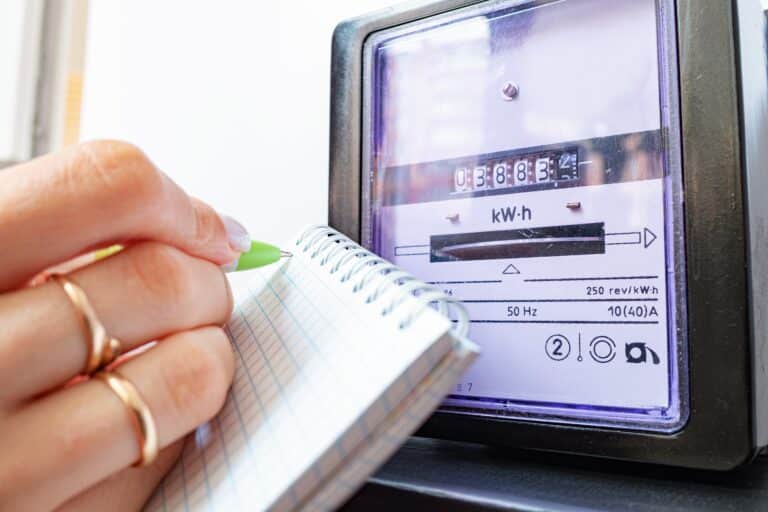In the intricate landscape of utility services, one aspect stands prominent: billing. A fundamental element, it ensures smooth operations, fosters strong customer relations, and ultimately underpins a company’s financial health. Navigating this task involves delicately balancing multiple considerations, an endeavor made complex due to the myriad utilities involved. This complexity gave rise to a comprehensive solution: multi-utility billing.
In essence, multi-utility billing encapsulates all utility services—electricity, gas, water, waste, and more—into one consolidated system. With its introduction, an era of streamlined operations dawned, providing utility companies an effective way to manage their billing process, improve service quality, and reduce the scope for errors.
Delving Deeper: Explaining Multi-Utility Billing
Multi-utility billing is an integrated approach to managing and processing billing for multiple services, a method offering both utility companies and customers numerous benefits.
A single billing system brings about enhanced efficiency. Instead of separate bills for different utilities, a combined statement provides a consolidated view. It simplifies the customer’s understanding, thereby reducing queries and increasing the likelihood of on-time payment. Moreover, the processing of a single bill consumes fewer resources, saving both time and cost for the utility company.
Nevertheless, transitioning to multi-utility billing is not without its challenges. It involves overhauling traditional practices, necessitates investing in sophisticated software, and requires meticulous planning and training. However, the tangible benefits it offers make it an investment worth making.
What’s Included in Multi Utility Billing
At its core, multi-utility billing involves multiple elements: rates, consumption, billing cycles, and payment processing. Each of these components is essential to create an accurate and comprehensive bill.
Rates refer to the charges applied for each utility. These may vary depending on factors such as regulatory guidelines, cost structures, and market dynamics. Consumption pertains to the actual usage of a utility by a customer, recorded through meter readings or estimates.
Billing cycles denote the frequency at which bills are generated and dispatched to customers. Lastly, payment processing involves the receipt and recording of payments from customers, including monitoring of overdue bills and the application of late payment charges.
Each of these components, though distinct, intertwines with the others, creating a comprehensive and effective billing system.
Picking the Perfect Multi Utility Billing Software
The choice of multi-utility billing software profoundly impacts the efficacy of the billing process. As such, it’s crucial to select a tool that not only meets the current needs but also scales with growing business demands.
The ideal multi-utility billing software offers robust customer management features. It should be capable of tracking customer data, utility consumption, payment history, and service requests seamlessly. Further, it should have the ability to handle varying rates, flexible billing cycles, and diverse payment methods.
Integration capabilities are equally important. The software should be capable of interfacing with other software critical for your operations, such as customer relationship management (CRM), accounting, or data analysis tools. This compatibility facilitates the sharing of data across platforms, reducing manual intervention and improving accuracy.
Reporting and analytics form another critical feature. The software should generate insightful reports, facilitating informed decision-making. Analytics also aids in identifying trends or issues, helping to proactively manage potential challenges.
Flexibility and scalability form the final piece of the puzzle. As utility companies evolve, their needs change. Therefore, the software chosen should be capable of adapting to these changes, whether it’s accommodating new utility services, handling an increasing customer base, or upgrading to meet regulatory changes.
Implementing Multi Utility Billing Software
Transitioning to a multi-utility billing system requires careful planning and execution. Here’s a step-by-step guide to ease the process.
The first step is understanding the needs. This involves assessing the current billing process, identifying the gaps, and determining the requirements of the new system.
Next, select the software that aligns best with these needs. It’s crucial to evaluate different options, weighing the features, costs, and support services before making a decision.
Once chosen, the next step is implementing the software. This includes installing the system, configuring the settings, and integrating it with existing tools. Data migration forms a significant part of this step. It requires transferring existing customer data, billing records, and other relevant information into the new system.
The last step, but certainly not the least, involves training the staff. It’s essential to familiarize the team with the new system, explaining its features and functions. This training should also cover how to handle common issues or queries.
Following these steps can pave the way for a smooth transition to a multi-utility billing system, setting the stage for improved efficiency and customer satisfaction.
Elevate Your Multi Utility Billing Capabilities with SilverBlaze
Multi-utility billing marks a significant stride in the utility industry. By integrating multiple services into one system, it offers a plethora of benefits to both utility companies and customers. With the right software and a well-planned implementation process, companies can overcome the challenges involved and harness the full potential of multi-utility billing. The road to efficient and streamlined operations is well within reach.
If you are looking for a more efficient, user-friendly, and unified approach to your own multi-utility billing operations, request a demo of the SilverBlaze platform today.



